In 2026, we continue to join top executives from the gaming industry (and related fields) in reviewing the past year, 2025. Up next is an interview with Kirill Perevozhchikov, the founder of the White Label PR agency


PR / Brand / Community Management
News and articles about how game companies work on their public image, the mistakes they make, and what they can achieve by building communication with the community, press, and business partners.
Rockstar has introduced the Cfx Marketplace, an official platform designed for "every server and every player" to purchase mods.
FIFA has partnered with the existing Roblox game Super League Soccer.
Secret Sauce, a publishing agency, has launched a new marketing brand named Weekend Games
Riot Games has returned ownership of Hytale to the game's original co-founder.
Jagex has revealed plans to eliminate the Treasure Hunter monetization feature from RuneScape by January 19, 2026.
Safe in Our World, a charity dedicated to promoting mental health awareness across the video game sector, is introducing complimentary mental health awareness workshops designed for community managers and any developers engaged in supporting their community's wellbeing
Roblox has named Vlad Loktev as the chief creator ecosystem officer for its creator division
Void Interactive, the developer behind "Ready or Not," has severed ties with the game's community manager. This decision comes after the manager made remarks regarding the assassination of conservative commentator Charlie Kirk on the official Discord server for the tactical first-person shooter.
The sequel to Titan Quest was released in early access on August 1, 2025—almost two decades after the original’s release. According to former THQ Vice President of Studio Operations Richard Browne, the game could have launched much earlier, but marketers got in the way.
The sequel to Titan Quest was released in early access on August 1, 2025 — nearly two decades after the original's release. According to former THQ Vice President of Studio Management Richard Browne, the game could have been released much sooner, but marketers got in the way
Traffic acquisition marketing doesn’t work well for shooters; it requires a more nuanced and complex approach. Shooter fans want full immersion in the culture and community of their games. World-renowned titles like Call of Duty and Fortnite focus more on building strong brands and actively supporting their communities rather than on attracting player traffic. Andrei Naumov, Cubic Games Studios‘ chief marketing officer, explains how the company maintains engagement and retention in Pixel Gun 3D’s player…
Jen MacLean, Chris Nemcosky, and Michelle Menard have joined forces to establish Dragon Snacks Games
Xsolla has introduced a new direct-to-consumer publishing suite
The Nau Engine team announced that they are shifting to a "community-driven approach" in the development of the engine. Now, the developer community will start deciding what Nau Engine should be like
Electronic Arts has introduced Battlefield Labs, a community testing initiative described as "the most ambitious community collaboration in franchise history".
We continue to review the results of 2024 along with top managers and experts in the gaming industry (and related fields). Next up is an interview with Kirill Perevoschikov, the founder of White Label PR agency.
We continue to wrap up the year 2024 with gaming (or gaming industry-related) teams and experts. Next in line is an interview with Dmitry Amroyan, CEO of Cubic Games.
Sony Interactive Entertainment has announced the closure of two of its first-party studios. This is part of the company’s refocused approach to expanding the PlayStation brand and its long-term growth.
Windwalk has secured $4.5 million in early seed funding to introduce Harbor, a tool designed for social community development.
Indie top down roguelite space shooter Nova Drift has launched after five years in Early Access. Its developer Jeffrey Nielson (a.k.a. Chimeric) has had a long road to success.
Sony has decided, possibly on a temporary basis, to halt its new live service hero shooter, Concord. This move is not unexpected given the game's performance shortly after launch. Reports indicate that Concord managed to sell approximately 25,000 copies—10,000 on Steam and another 15,000 on PlayStation. Player engagement was also low; data from SteamDB shows that Concord reached a peak of 697 concurrent users on August 24, just a day following its release, before experiencing a significant decline. As discussions about Concord's challenges took place during the GI Microcast on Monday morning, only 39 individuals were actively playing.
It's understandable if you're not familiar with DDA. The public relations company has a longstanding presence in related industries but is relatively new to the gaming sector. Established in London in 1970, DDA focuses on PR for TV and film, with a workforce of over 150 across its headquarters and two additional locations in New York and Los Angeles. Earlier this year, the company made its entry into the gaming industry by appointing Gemma Cooper—a veteran from Media Molecule and Bandai Namco—as its director of gaming.
We are continuing our series of publications in which game industry professionals talk about their occupations. The latest article in the series is about the Employer Brand Manager. Artem Gruzd, the Head of Brand & PR at Glera Games, provided a detailed overview of the position
Eve Online developer CCP Games will soon make its Carbon Development Platform an open-source project. The company has now explained how this move should help extend the lifecycle of its popular MMO.
The indie gaming sector is filled with excitement and growing competition. Gamers have limited choices each year, and discoverability remains a significant challenge for both developers and players. This underscores the importance of public relations in the gaming industry. But how can developers maximize their PR efforts? What strategies should be adopted to effectively connect with the target audience? Additionally, how can developers ensure mutual benefits for the publications and influencers they collaborate with?
Based on industry experience, there is no universal PR strategy for the gaming world. Engaging influencers for AAA titles presents a different set of challenges compared to promoting indie games like The Case of the Golden Idol. Each requires a tailored and adaptable PR and marketing approach
MyGames has introduced a new premium publishing label, Knights Peak Interactive, managed by industry experts Eugenio Vitale, Mario Gerhold, and Jan-Eric Lauble. This label will specialize in high-end PC and console games and has already revealed five initial projects. These include the console edition of Offworld Industries' Starship Troopers: Extermination, VEA Games' Nikoderiko: The Magical World, Primal Game Studio's Mandragora, Owlcat Games' Pathfinder: Kingmaker, and My.Games' Blast Brigade. Gerhold and Lauble recently joined My.Games' premium games division, with Gerhold taking on the role of global brand and marketing director, while Lauble serves as creative director
Atari has suddenly launched a new publishing label under the revived Infogrames brand. And it has already announced its game acquisition.
The Voronezh agency Weloveplayers, which previously engaged in promotion on social networks and work with gaming media, announced a change in positioning. Now the agency is talking about itself as an indie game publisher.
Gwen Foster, who is engaged in business development at indie studios SUPERHOT Team, Well Told Entertainment and Sad Owl Studios, decided to help colleagues from other studios. She posted a sample presentation online for pitching the game.
Mortal Kombat is the best-selling fighting game franchise of all time. And here is the estimated profit generated by MK11, its most successful installment.
Nvidia has launched its RTX Remix platform and made it open source. This should provide modders with more capabilities and tools to create remasters of old games and add path tracing to them.
We continue to sum up the results of 2022 together with the heads of gaming companies and market experts. Next up is an interview with Alexandra Kurdyumova and Bogdan Mikhailov, Senior partner and Head of Digital at Versus.legal, respectively.
We continue to summarize the results of 2022 together with top managers and experts of the gaming industry (and related ones). Next up is an interview with Kirill Perevozchikov, the founder of the White Label PR agency.
Another company has joined the game outsourcer Keywords Studios. He was joined by LabCom, an agency that helps with the promotion in Italy of Ubisoft, Bethesda, Wargaming, Rockstar Games and many other gaming companies.
WN Media Group has shared the results of its latest conference, which took place November 23-24 in Tel Aviv, Israel. Here is some data about the attendees and games showcased during the event.
The third WN CEO Summit took place on September 21. This time, it was held in Istanbul, Turkey, attracting around 100 C-level executives of gaming companies from 18 countries.
All official web forums of the Borderlands developer series will be closed in August 2022. Now they have switched to the “read-only” status. Communication with players goes to social networks.
New Blood CEO Dave Oshry recently shared wishlist numbers for the team’s upcoming game Gloomwood, which performed great during the latest Steam demo fest. Here is what others can learn from this data.
V Rising is a vampire survival game, which peaked at 150k concurrent players on Steam and sold 1 million copies in just one week. Stunlock Studios has now opened up about factors that contributed to the game’s rapid success.
Pac-Man Community is a new adaptation of the classic arcade game about Pacman, developed exclusively for Facebook Gaming*. Yesterday, after four months of beta testing, Genvid Technologies and Bandai Namco announced the official release of the game.
Victoria Tran, community director Among Us, gave some tips to indie developers on working with the community. She spoke about budget planning, the difference between community management and marketing, and the range of main tasks in this area.
We continue to summarize the results of 2021 together with top managers and experts of the gaming industry (and related ones). Next up is an interview with Kirill Perevozchikov, the founder of the White Label PR agency.
The International Game Developers Association (IGDA) has shared guidelines on creating inclusive games, which it has developed in collaboration with Facebook Gaming. The organization pointed out the main principles of diversity that developers should follow to make their titles more appealing to different audiences.
Game developers from studios across the US and Canada have been sharing their pays using #GameDevPaidMe on Twitter. Here is some of the most interesting data.
With the announcement of GXC, indie developers now have a new platform to self-publish their titles. The service, launched by Opera, lets devs release games straight from GameMaker Studio 2 to a browser.
Cyberpunk isometric RPG Gamedec came out on September 16. The game, inspired by the Gamedec book series by Marcin Przybyłek, puts you in the shoes of a game detective, who solves mysteries inside virtual worlds. A year ago, we discussed the Gamedec demo with the development team known as Anshar Studios. Now, days after the title’s release, we caught up with Mateusz Greloch, Community Manager at Anshar Studios, for an update on what has been…
Zachary Doig, senior community manager of the American World of Tanks team, has left Wargaming. He made this decision because, in his opinion, the unfair dismissal of another employee. According to Doig, Wargaming simply made a member of his team a “scapegoat” in a scandalous situation around one of the ships in World of Warships.World of Tanks
Wargaming has announced the opening of Wargaming RED, a new studio located in Moscow. Its employees will be engaged in the development of an as yet unannounced cross-platform free-play game and support for old franchises.
Roblox faces new criticism over people recreating tragic mass shootings on the popular gaming platform. The company promises to fight users who violate rules and create inappropriate content.
/https://app2top.ru/wp-content/uploads/2026/01/WL-1200x630.jpg)
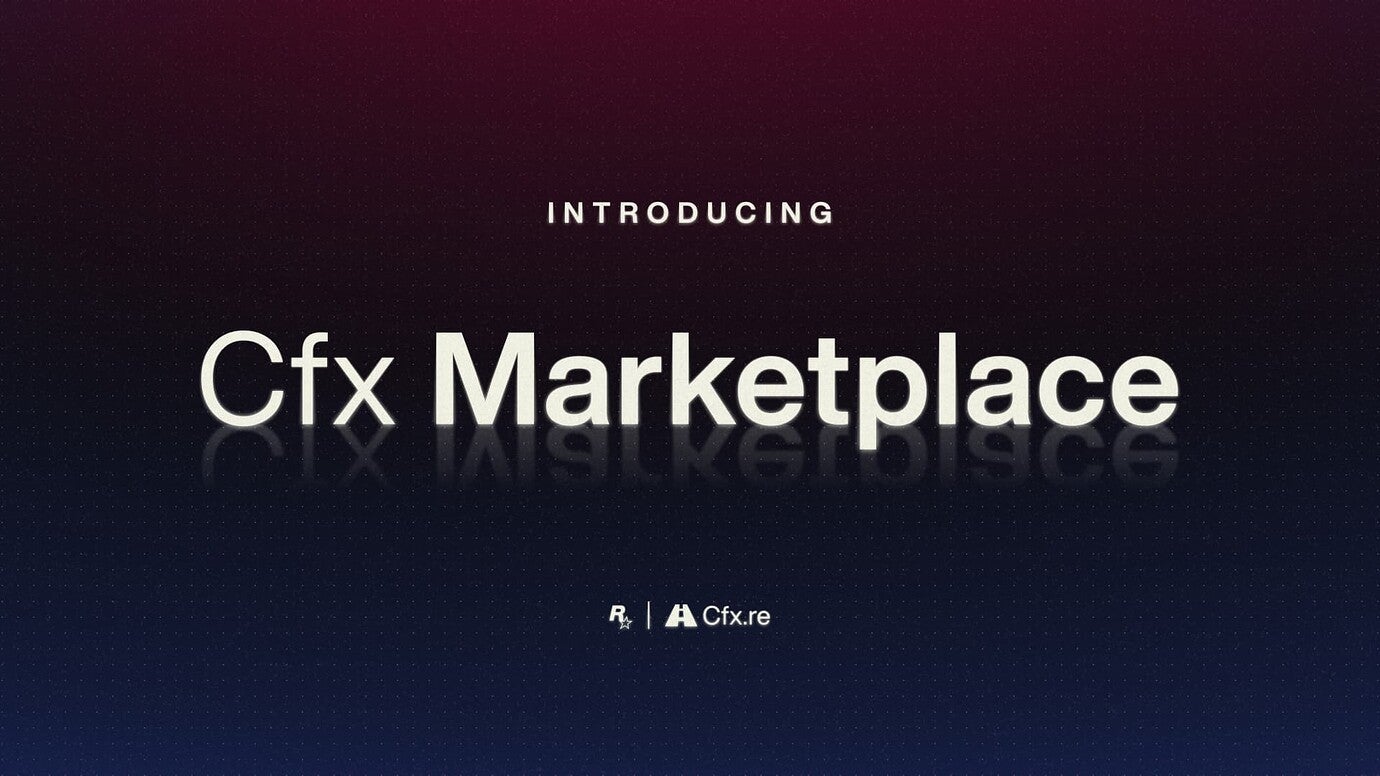
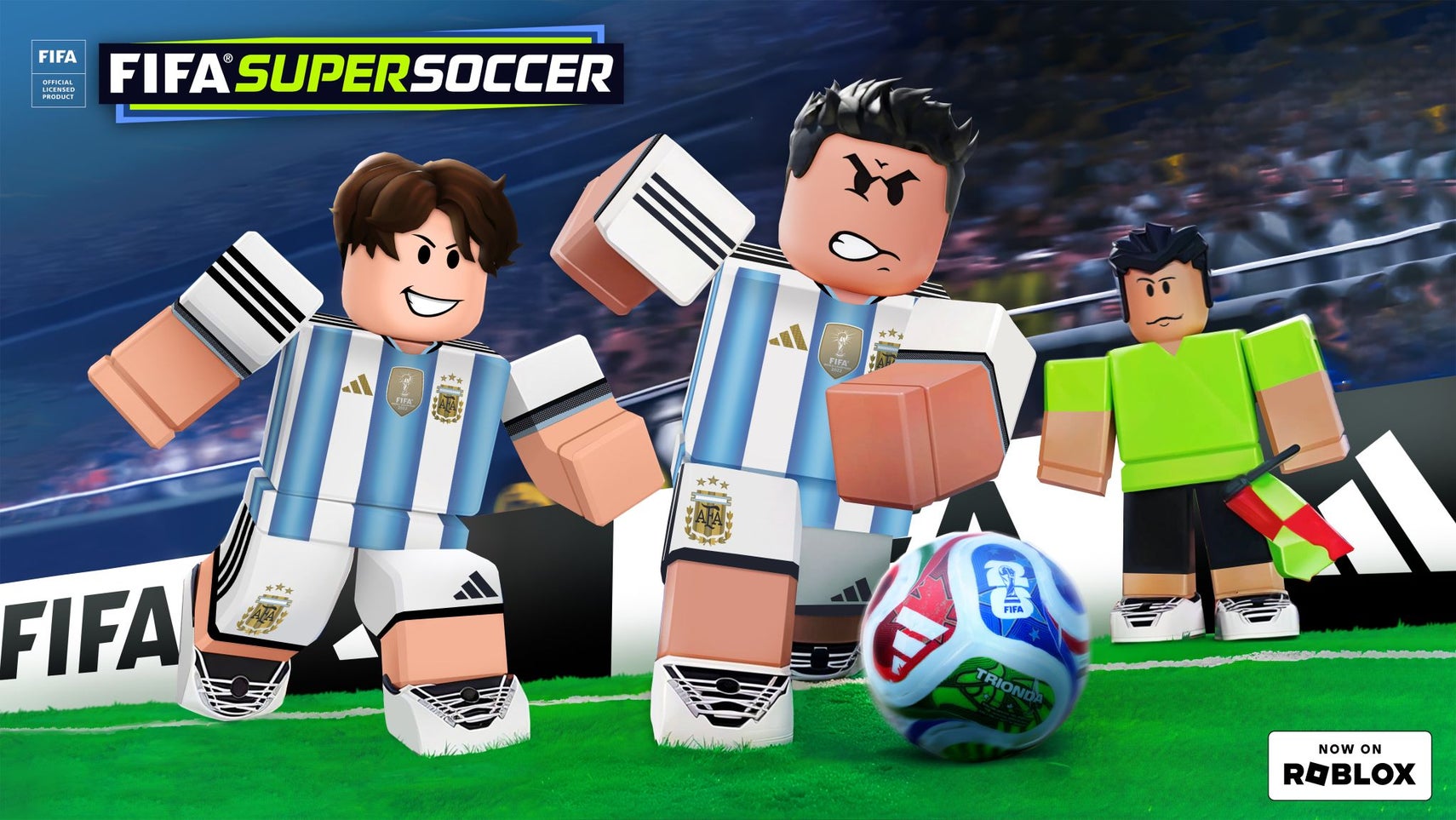

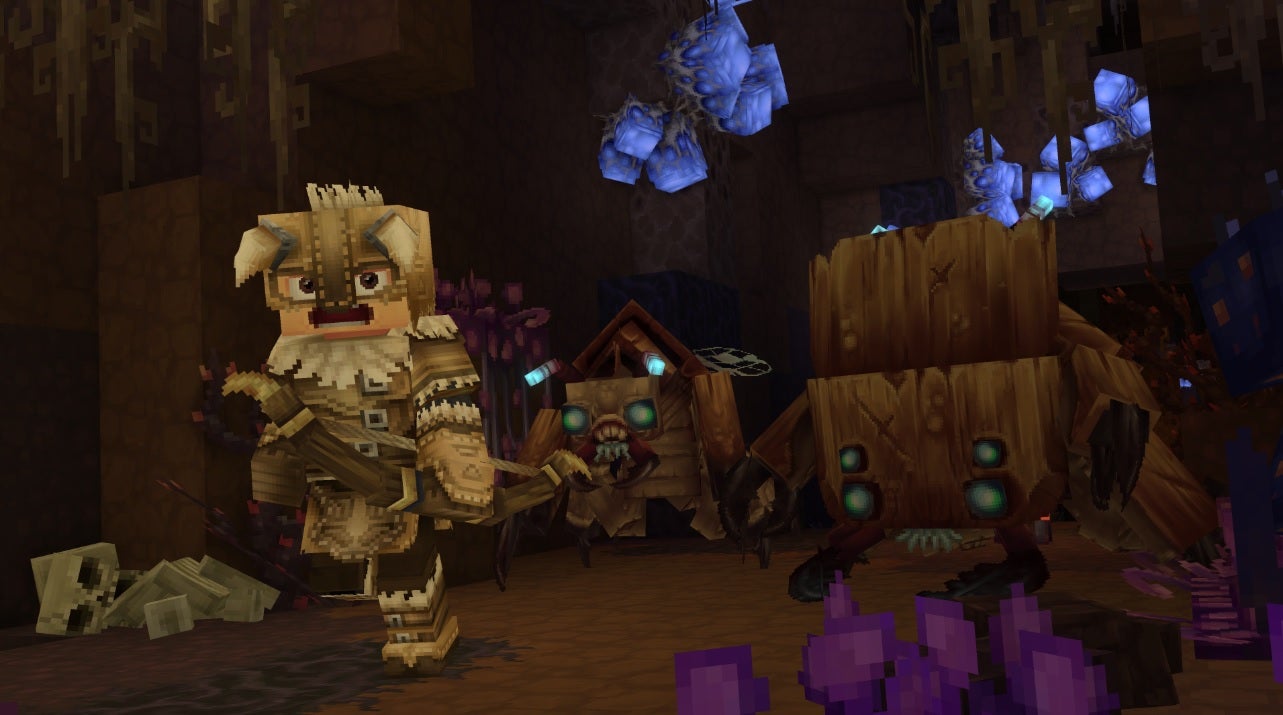
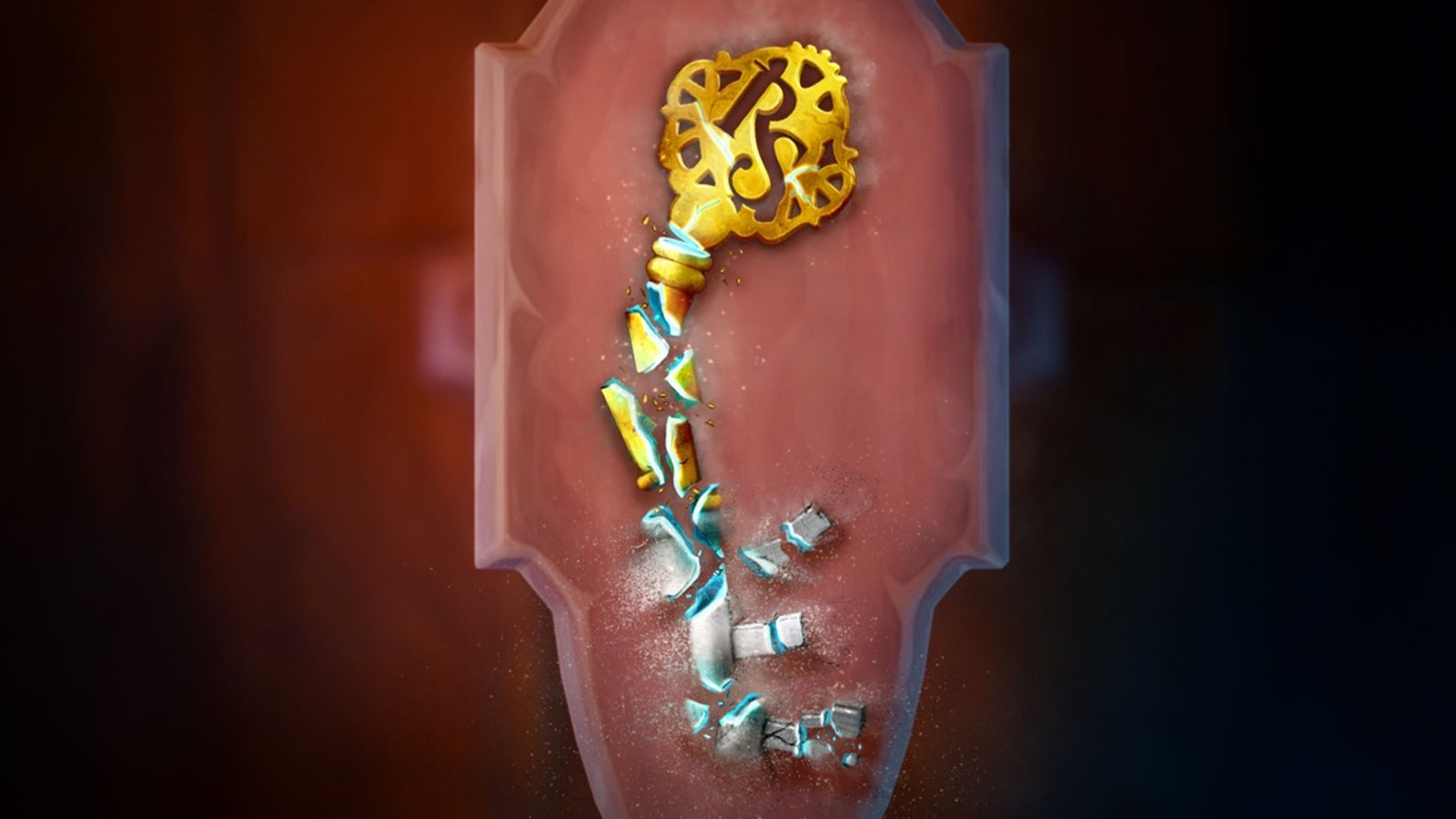
_W6UG8wh.jpg?width=570&quality=85&format=jpg&dpr=3&auto=webp)
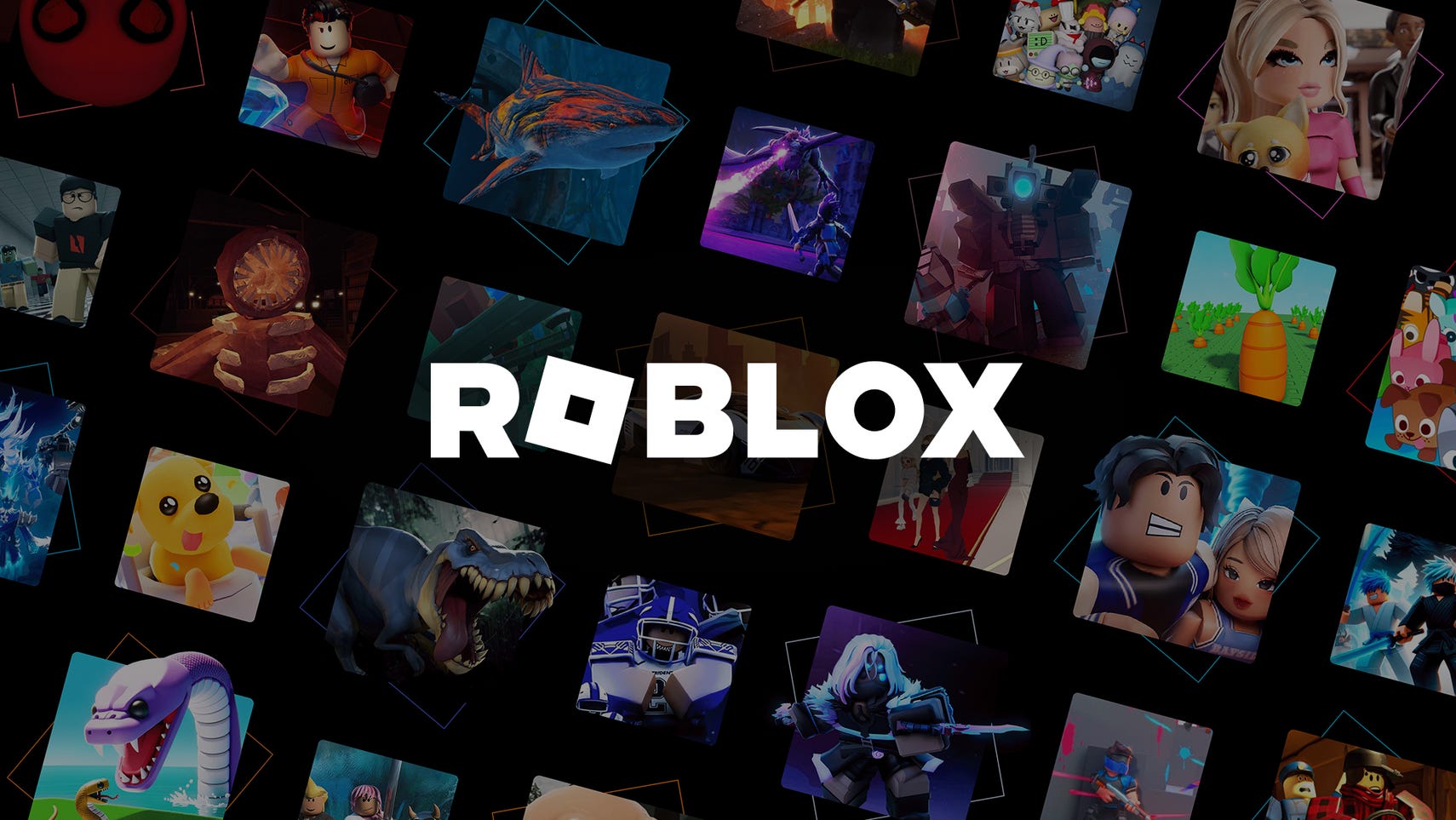
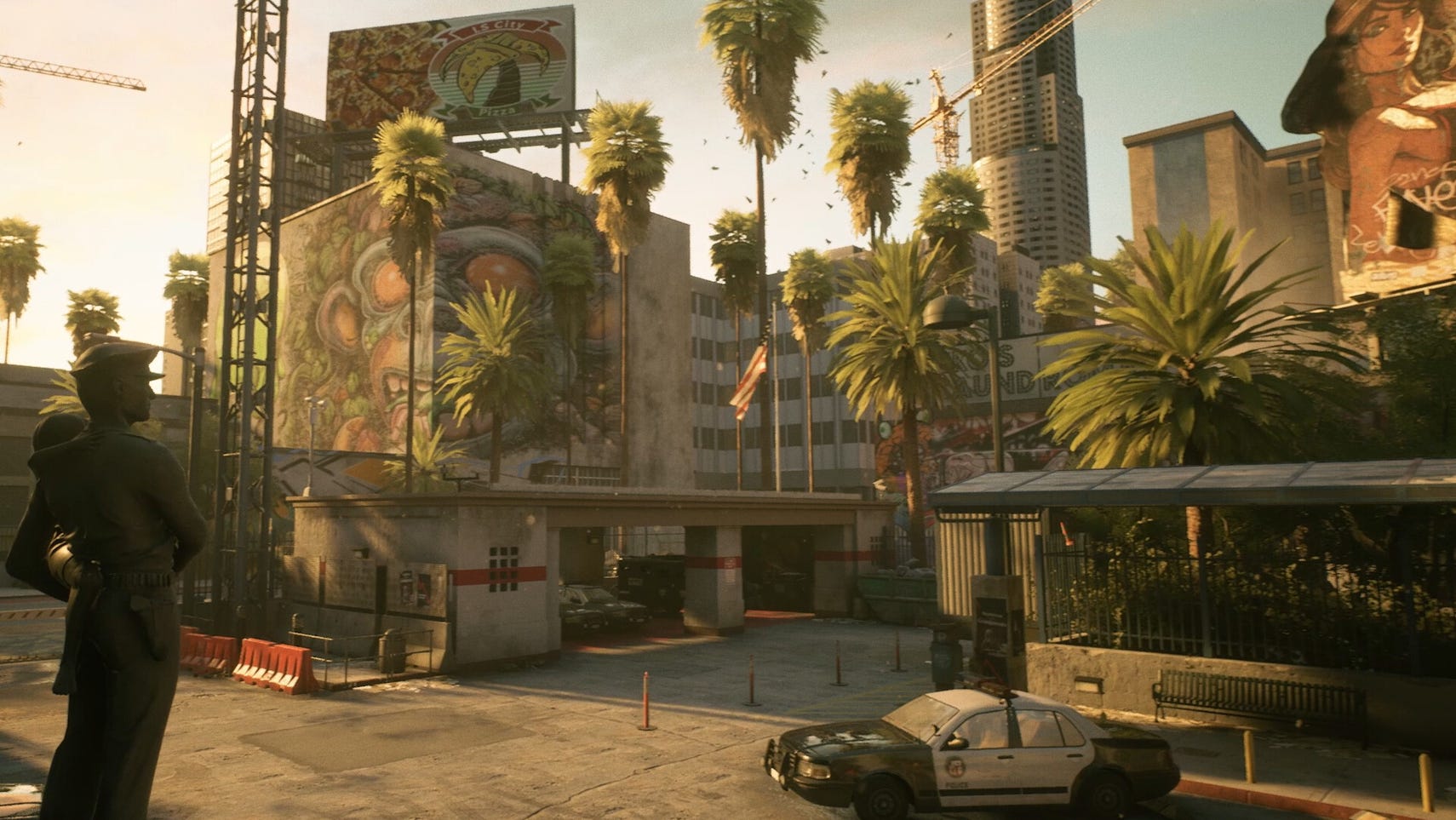
/https://gameworldobserver.com/wp-content/uploads/2025/09/Titan-Quest-II-1200x630.jpg)
/https://app2top.ru/wp-content/uploads/2025/09/Titan-Quest-II-1200x630.jpg)
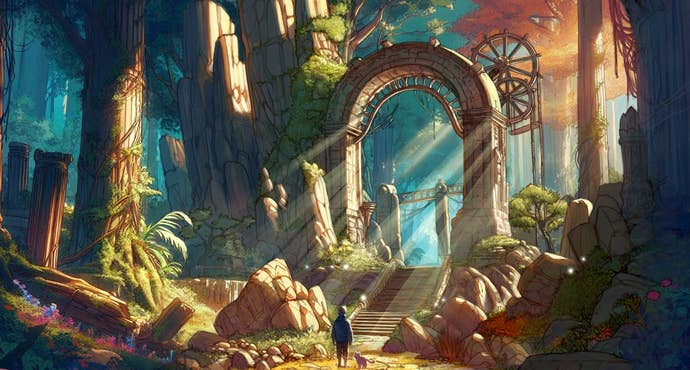
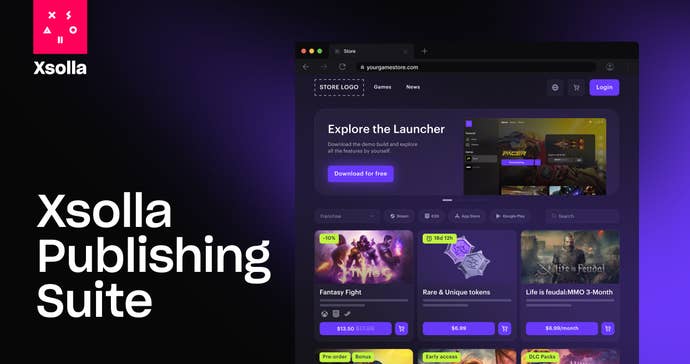
/https://app2top.ru/wp-content/uploads/2025/02/Nau-Engine-1200x630.png)
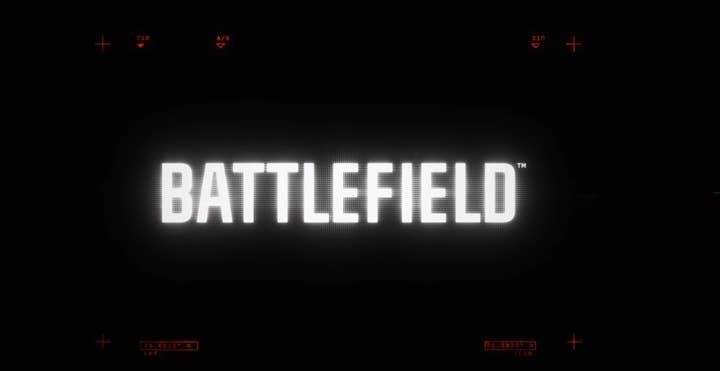
/https://app2top.ru/wp-content/uploads/2024/12/WL-1200x630.jpg)
/https://app2top.ru/wp-content/uploads/2024/12/Cubic-1200x630.jpg)
/https://gameworldobserver.com/wp-content/uploads/2024/10/firewalk-studios-closed-1200x630.jpg)
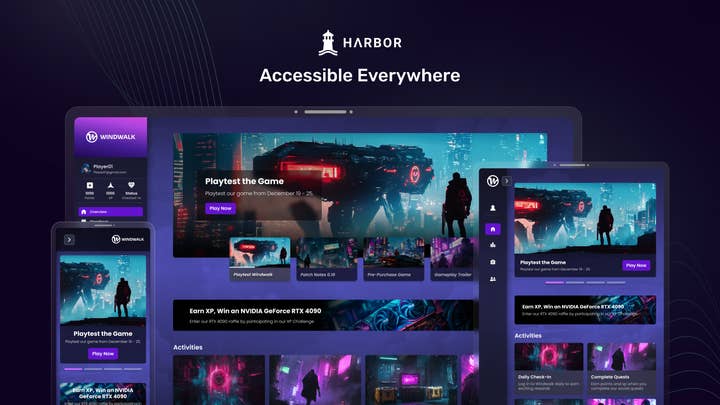
/https://gameworldobserver.com/wp-content/uploads/2024/09/nova-drift-success-1200x630.jpg)
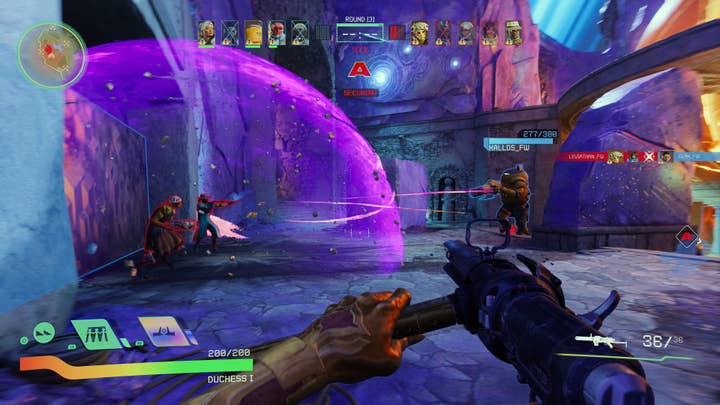
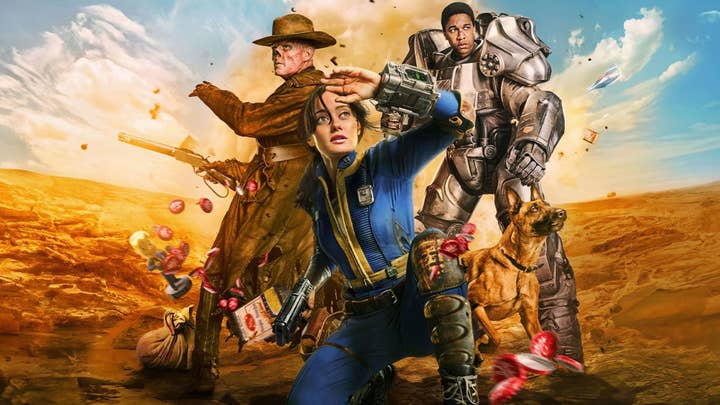
/https://app2top.ru/wp-content/uploads/2024/08/Glera-Games-1200x630.png)
/https://gameworldobserver.com/wp-content/uploads/2024/07/eve-carbon-open-source-1200x630.jpg)

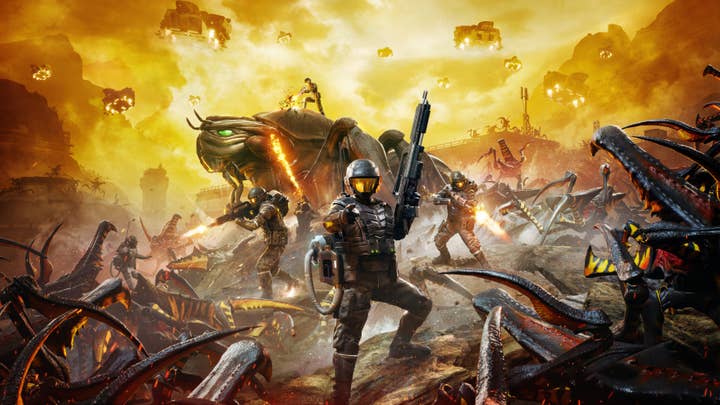
/https://gameworldobserver.com/wp-content/uploads/2024/04/infogrames-atari-1200x630.jpg)
/https://app2top.ru/wp-content/uploads/2024/01/Kuzhlevka-1200x630.png)
/https://gameworldobserver.com/wp-content/uploads/2023/04/mortal-kombat-11-profit-1200x630.jpg)
/https://gameworldobserver.com/wp-content/uploads/2023/04/nvidia-rtx-remix-runtime-1200x630.jpg)
/https://app2top.com/wp-content/uploads/2023/01/Versus-Legal-600x280.png)
/https://app2top.com/wp-content/uploads/2022/12/Kirill-02-600x280.png)
/https://gameworldobserver.com/wp-content/uploads/2022/12/wn-tel-aviv-results-600x280.png)
/https://gameworldobserver.com/wp-content/uploads/2022/09/wn-ceo-summit-2022-600x280.png)
/https://gameworldobserver.com/wp-content/uploads/2022/06/gloomwood-pic-600x280.jpg)
/https://gameworldobserver.com/wp-content/uploads/2022/06/v-rising-steam-600x280.jpg)
/https://app2top.com/wp-content/uploads/2022/02/community-management-among-us-600x280.jpg)
/https://app2top.com/wp-content/uploads/2021/12/white-label-perevozchikov-600x280.jpg)
/https://gameworldobserver.com/wp-content/uploads/2021/12/igda-renee-gittins-600x280.jpg)
/https://gameworldobserver.com/wp-content/uploads/2021/12/games-industry-pay-600x280.jpg)
/https://gameworldobserver.com/wp-content/uploads/2021/10/opera-gxc-600x280.jpg)
/https://gameworldobserver.com/wp-content/uploads/2021/09/Gamedec_AnsharStudios.jpg)
/https://app2top.com/wp-content/uploads/2021/09/warships-yukon-600x280.jpg)
/https://app2top.com/wp-content/uploads/2021/09/vargi-600x280.png)
/https://gameworldobserver.com/wp-content/uploads/2021/08/roblox-mass-600x280.jpg)